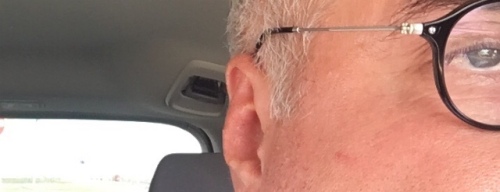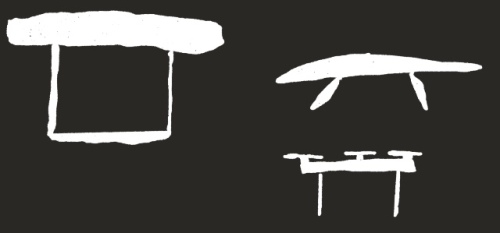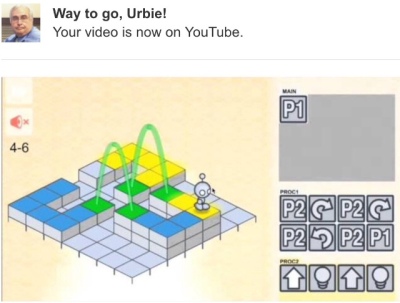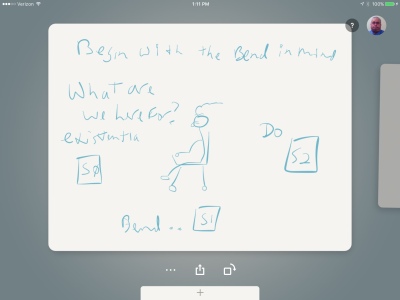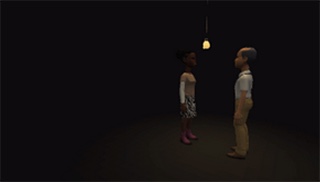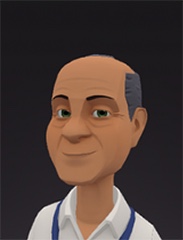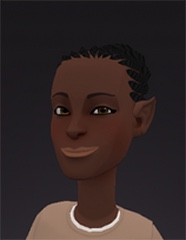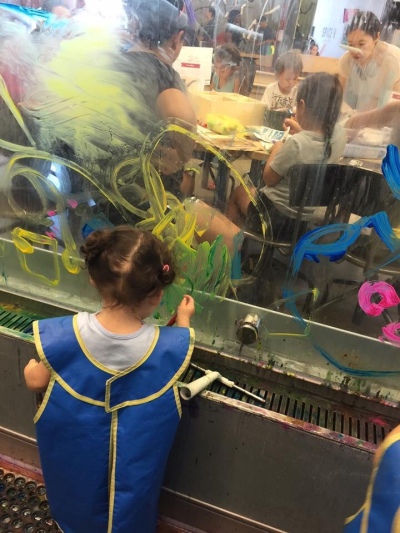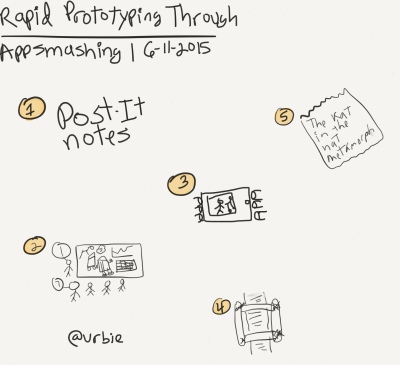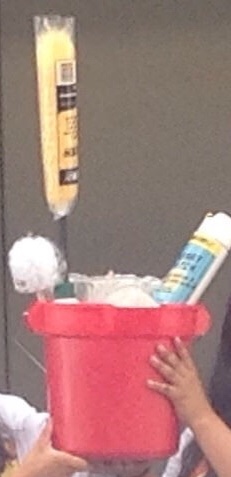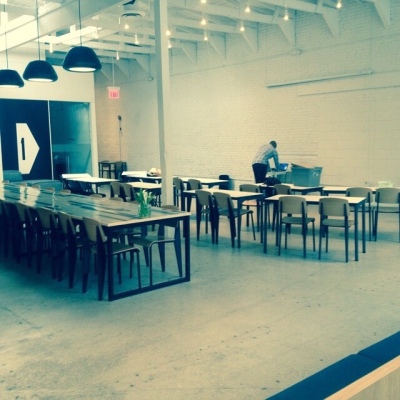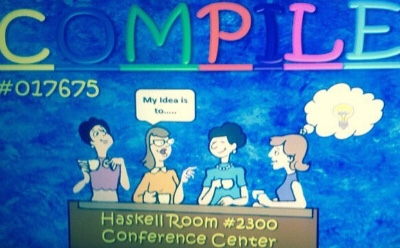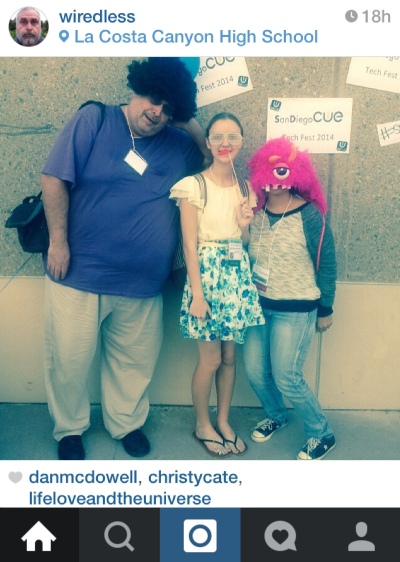INTRO
My best road trips usually begin by dark of night
REFLECTING ON THE LONG TRIP HOME
I came this close to making it to #EdCampSD in San Diego. Something came up and I missed making it three in a row. No biggie. I have some time now to reflect on my recent #ReimaginePD experiences over the past few weeks.
It's rare that I experience collaborative professional development close to home. It's almost hundreds of miles away that I travel to meet with other educators to, basically, “see what happens.” Often time the takeaways can be expressed in a few words. In St. Louis last month what I learned resolved down to being mindful. Whatever it is I find myself doing I can trust I can do it being mindful the heart of an entrepreneurial person continues to beat in my chest.
Thing is, being an adult about it, learning sticks when it's memorable. Which means like a boomerang it keeps coming back.
ON WHY MOST ANY LEARNING EXPERIENCE CAN BE MADE SURVIVEABLE
At EdCampYosemite educator Jon Corippo shared this slide.
There were, maybe, thirty people in the room, educators all, and me, a learning experience designer. That means there were that many interpretations. What I took from Jon's sharing is doing differently. But not with stuff. And definitely not with tools. The constant in my work life and probably teachers', too is people. I have people to train up. Teachers have kids to educate. Methinks we have tools aplenty.
What I need is to dare more. Sensing danger ahead because I haven't been this way before do I turn back or forge ahead? In this instance, once the butterflies had grown to the size of dragons, I turned around and found my way by revisiting the path I had previously taken.
Some PD (Professional Development) fills me with dread. What I think is fear of being called on to do something among strangers is scary. But maybe the scary feeling can be adopted, adapted or coopted, to teaching and learning. Then again, maybe the dread comes from the fear that this PD is going to be more sit and get?
I understand that somewhere near San Diego today an EdCamp is underway where teachers made stuff with cardboard. How might we use ubiquitous stuff like cardboard and tape to make PD surviveable? I use survivable here in the sense the experienced rescued me from the job's doldrums and dropped me off in a place where I can excitedly share my tale.
OUTRO
I had her for 10 days, my DJI Phantom drone. I bought it at a BestBuy on my way to Yosemite. She was a dream in the sky.
This was the best I could do drawing the Phantom from memory. I returned it Friday. In a couple of weeks I'm getting the Next Big Thing: a Mavic Pro drone. It's smaller and goes further. Best, it's got the same great camera and is more portable.
Like many my family sometimes went on road trips. Papa liked to leave before dawn, when it was still dark. He called it “first light.” It was exciting making final preparations for the adventure to come, going off into the unknown. Flying my drone, I still have my Parrot Bebop2, is like that. Going on a trip, not knowing for sure what lay ahead. I love PD like that.

